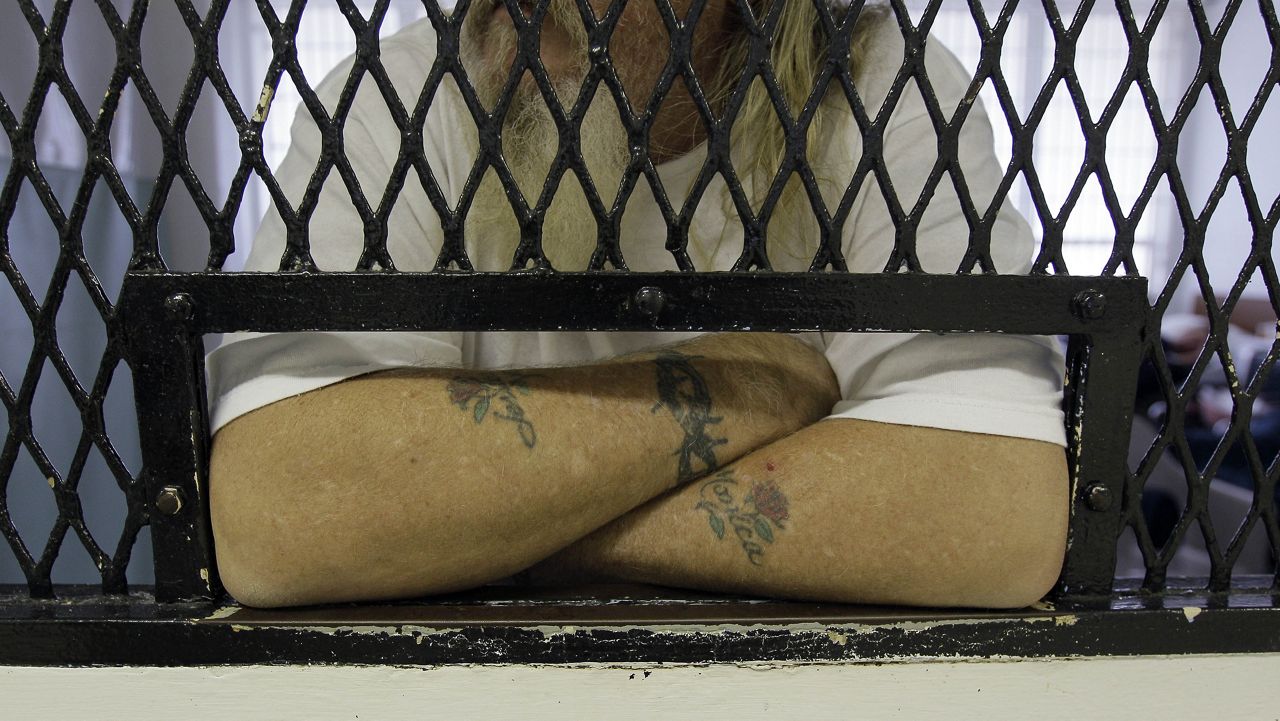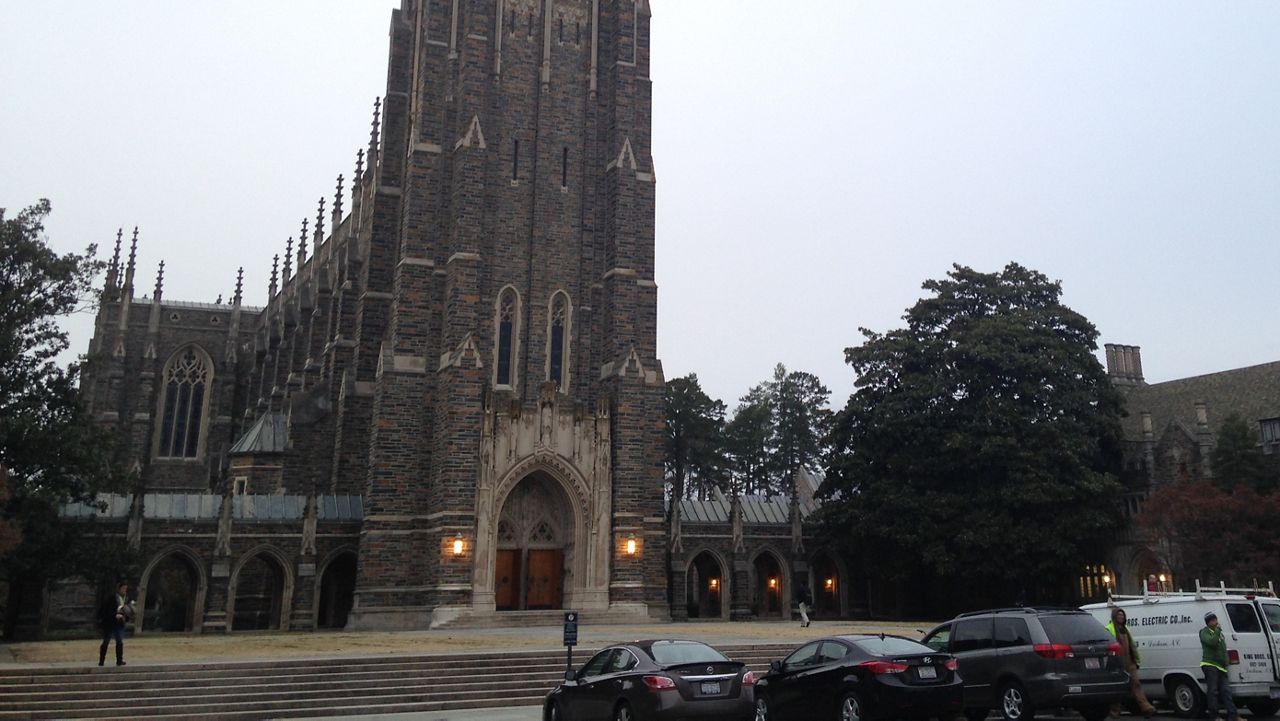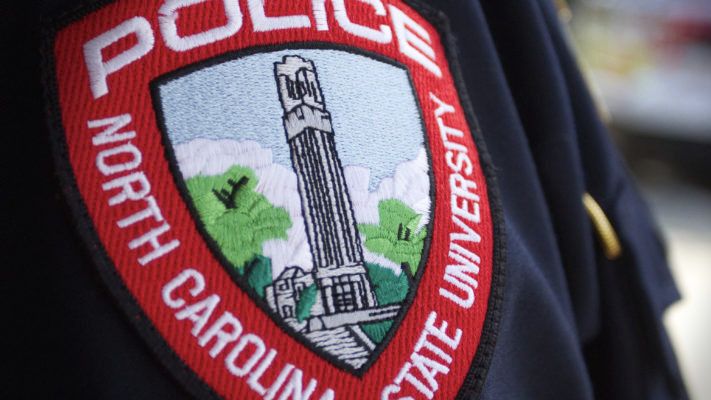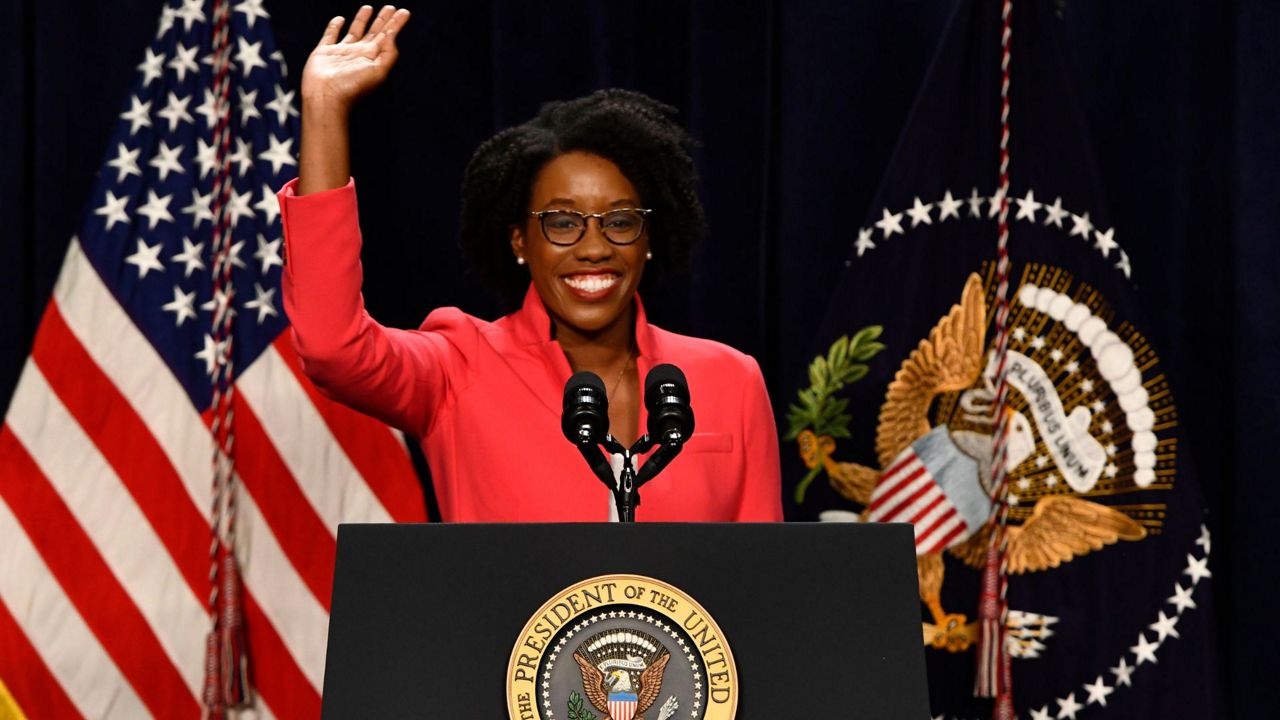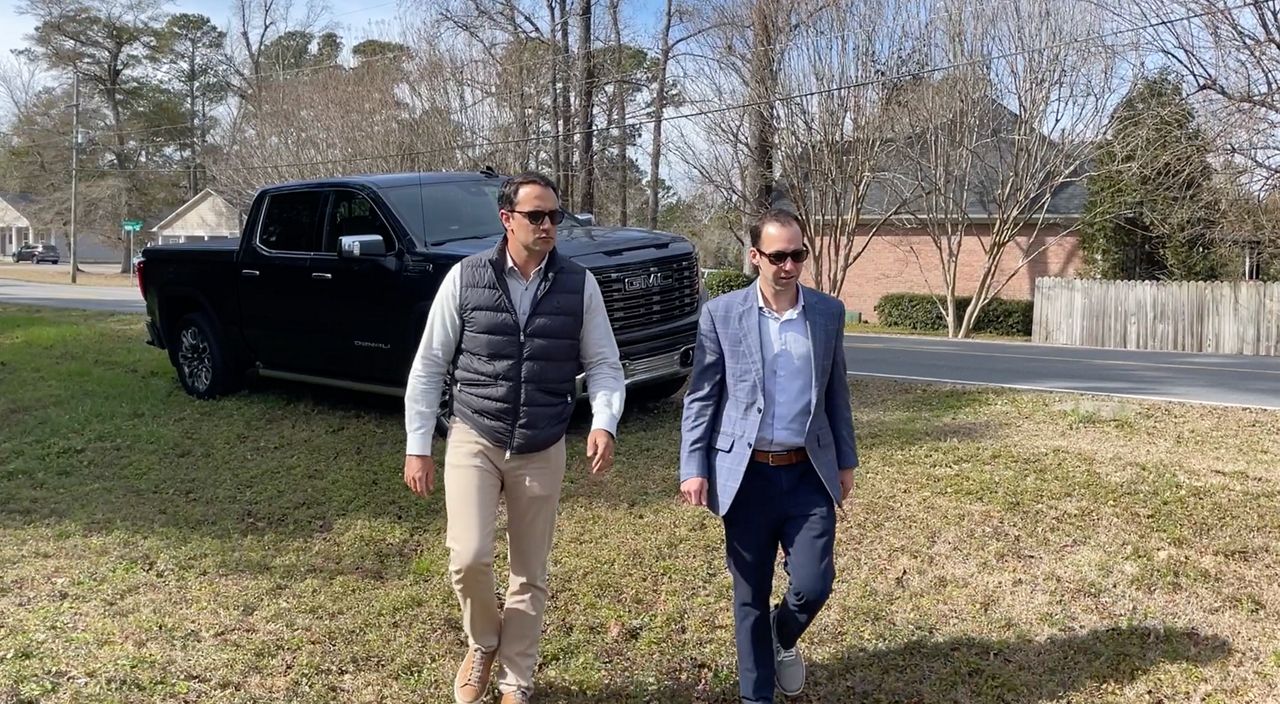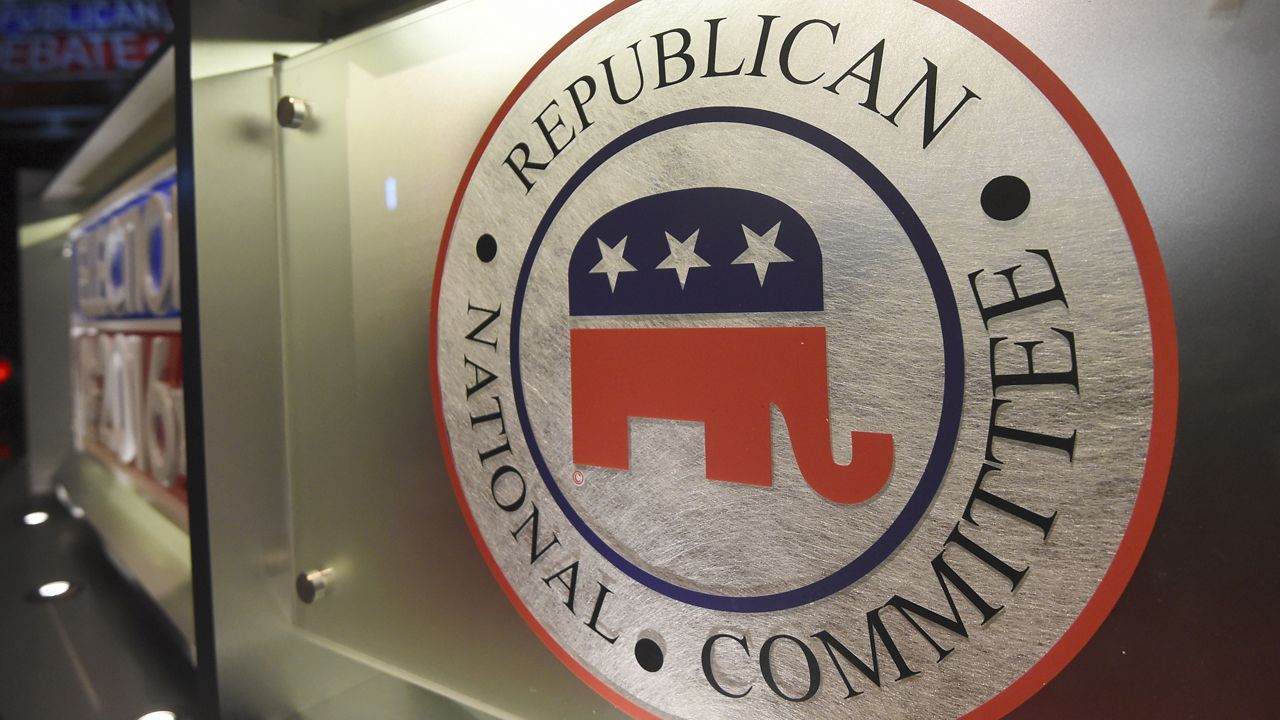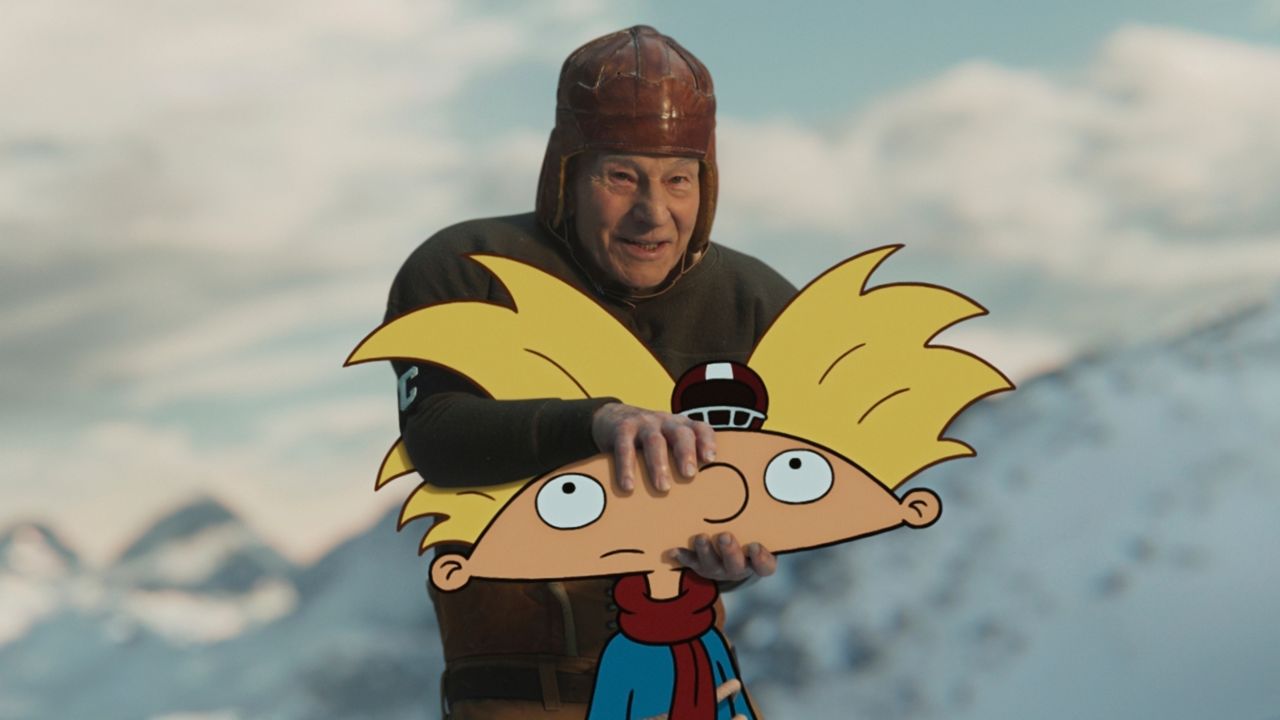
Dick Ebersol Reflects on Lessons Learned From ‘Saturday Night Live’ to ‘Sunday Night Football’ in New Autobiography
Dick Ebersol is one of the seminal figures in the past 50 years of broadcast television. He helped create “Saturday Night Live.” He hired Brandon Tartikoff, genius programmer and innovator, to revive NBC’s primetime fortunes. As president of NBC Sports, he oversaw the network’s Olympic strategy for many years. “Sunday Night Football” was his idea.
Ebersol recounts the high (and sometimes low) points of his career in television in a new autobiography, “From Saturday Night to Sunday Night: My Forty Years of Laughter, Tears and Touchdowns in TV,” published this week by Simon & Schuster.
While all of the great moments in his career were at NBC, Ebersol, now 75, started as a researcher at ABC Sports in 1967. Legendary ABC Sports chief Roone Arledge, Ebersol tells Variety, “was the most important figure in my life,” and the executive who eventually took on Ebersol as a trusted associate.
It was also at ABC that he met sportscaster Jim McKay. “I miss him so much,” Ebersol says of McKay, who died in 2008 at the age of 86. “He really taught me the most important thing about storytelling – how important it is to keep paring it down to just the essence. And that’s what I tried to train all those people who worked for me over the last four decades-plus, particularly at NBC, to do.”
Ebersol was in Munich during the 1972 massacre of Israeli Olympic athletes, just one of several global news stories that happened during Olympic competitions. He has especially vivid memories of the 1996 Centennial Olympic Park bombing in Atlanta.
“We were lucky because [then-‘NBC Nightly News’ anchor] Tom Brokaw was not only a hell of a guy, he was a first-rate reporter,” Ebersol said. “And Jeff Zucker [then ‘Today’ show producer, later president of CNN] was in the control room with me as we decided who to plug in and plug out.”
The intersection of news and sports, and the role of television as a unifying national force, is a recurring theme of the book. Asked if this is still possible given today’s fragmented TV universe, Ebersol says: “I believe it can. But you’ve got to have on-air personalities that people trust. It’s the trust that the audience has in those figures. I was lucky that, at NBC, we had somebody like Brokaw.”
In later years he added NBC News anchor Lester Holt to the team. “For the last four Olympics, I asked Lester as a favor to me. Even though he was a news personality. He was the guy who would oftentimes sit with me, always ready to go on the air. I never wanted to be caught without a professional to jump in and start telling the story.”
Ebersol’s jump to NBC in 1974 and his discovery of both Lorne Michaels (soon to be co-creator and producer of “Saturday Night Live”) and Tartikoff, who eventually became president of NBC, are recounted in the first half of the book.
He calls Tartikoff (whose reign at NBC included such classics as “Hill Street Blues,” “Cheers,” “Miami Vice,” “The Cosby Show” and “Seinfeld”) “the most important figure in the history of modern network television entertainment.” The executive, who died in 1997 at age 48, had a streak that is unmatched today. “I don’t think anybody brought more quality programming in a short period of time than Brandon did,” Ebersol said.
“I met Brandon within a week of the time I took the job as head of comedy. And I realized within less than 10 days that he was definitely the guy,” he said. “It wasn’t long before he became my boss. We remained best friends until the end of his life. He’s the most heroic figure that I’ve ever had in my life, in the way that he battled his cancer repeatedly, decade after decade. I loved him so much.”
Ebersol also looks back fondly on his creation of NBC’s “Later With Bob Costas,” which took the sportscaster in a new direction in 1988, conducting one-on-one conversations with celebrities and newsmakers. “I do think those shows are gems and Bob had a wonderful way [of interviewing]. Whether it was Springsteen or a Beatle or Mike Wallace, it was sensational TV when those people would really open up about life.”
The book’s most moving chapter concerns the death of Ebersol’s 14-year-old son Teddy in a 2004 Colorado plane crash that badly injured the producer and another of his sons with his wife, actor Susan Saint James.
“As I write and talk about often, Teddy never failed to continue to be part of our life,” he says. “Susan was a big believer that by talking about the people you loved and the shared memories you had, their spirit is still alive. And my kids felt the same way.”
Indeed, Ebersol offers his experience as an example of how to process a heartbreaking loss.
“I have seven grandchildren, and five of those talk about Uncle Teddy, who they never met,” Ebersol said. “The best thing you can do is talk about, not in a sad manner, but a joyous manner, how lucky you were to have them be part of your life and share stories of what those moments were like.”







